A fair and inclusive hiring process is crucial for building diverse and successful teams. It not only ensures that all candidates have an equal opportunity to showcase their skills and experience but also helps to create a more inclusive and welcoming work environment. In this article, we will discuss effective strategies for designing and implementing a fair and inclusive hiring process that promotes diversity and minimises bias.
- Define Clear Job Requirements:
To create a fair and inclusive hiring process, start by clearly defining the job requirements and qualifications. Be mindful of the essential skills and experience needed for the role, ensuring they are directly relevant to the position. Avoid including unnecessary or exclusionary criteria that may discourage qualified candidates from applying.
- Fair Job Advertisements:
Craft job advertisements that are inclusive and appeal to a diverse pool of candidates. Use gender-neutral language and focus on the required skills and qualifications rather than specific demographics. Tools like Textio and Get-Optimal can help review and anaylse your copy to ensure it is as inclusive as possible. Additionally, promote your job openings on various platforms and networks to reach a wider audience and encourage applications from underrepresented groups.
- Blind CV Screening:
Implement blind CV screening to reduce unconscious bias during the initial evaluation of candidates. Remove any identifying information, such as names, gender, age, and educational institutions, from CVs before reviewing them. This approach helps ensure that candidates are evaluated based solely on the requirements for the role and can reduce bias in the process. If you’re looking for an inclusive blind recruiting solution to help mitigate bias and secure top talent, then check out MeVitae.
- Skill Assessments:
Supplement traditional interviews with skill assessments that directly assess candidates’ abilities. Assessment solutions such as ThriveMap, offer pre-hire assessments that provide objective evidence of a candidate’s skills and performance, helping to minimise bias. It can also be useful to develop criteria and rubrics to evaluate the assessments consistently and fairly.
- Structured Interviews:
Use structured interviews with predetermined questions to maintain consistency and fairness throughout the hiring process. Tools like Equitas can help you develop a set of standardised questions using interview frameworks that assess candidates’ job-related skills, behaviours, competencies or values. This approach minimises the potential for bias and allows for a more objective evaluation of candidates..
- Diverse Interview Panels:
Interview panels that include individuals from diverse backgrounds and experiences can be useful to establish within your hiring process. Multiple perspectives can help reduce biases and provide a more fair assessment of candidates. Ensure that your interviewers receive training on diversity, inclusion, and unconscious bias to foster a fair and inclusive interview environment.
- Data-Driven Decision Making:
Interviewers should utilise data and evidence as this will ensure fairness throughout the hiring process. Also try to establish a measurable criteria for evaluating candidates, and use this information to inform decision making and help to guide you in selecting the right person for the role. You can also consider implementing applicant tracking systems (ATS) or software that can help gather and analyse data effectively. If you are in search of a new ATS or other HR Tech providers, check out Rectec, an award-winning comparison platform to help you identify the right recruitment technology for you.
- Implement Diversity Initiatives:
Actively implement diversity initiatives throughout the hiring process. Establish partnerships with organisations focused on underrepresented communities and encourage referrals from diverse employees. Additionally, consider implementing internships, apprenticeships, or mentorship programs to provide opportunities for individuals who face barriers to entry.
- Training on Bias and Inclusion:
Invest in regular training sessions for all employees involved in the hiring process to increase awareness of unconscious bias, diversity, and inclusion. Training programmes can help team members recognise and mitigate bias, fostering a more inclusive and equitable hiring process.
- Continuous Evaluation and Improvement:
Regularly evaluate your hiring process to identify areas of improvement. Collect and analyse data on interviews, candidate demographics, conversion rates, and feedback to identify any patterns of bias or areas that need attention. Make necessary adjustments to ensure a continuous fair and inclusive process.
Overall, building a fair and inclusive hiring process is a journey that requires ongoing effort and commitment. By implementing the strategies outlined above, you can create an environment that welcomes candidates from diverse backgrounds, minimises bias, and fosters a culture of inclusion. Remember, a diverse workforce brings together a variety of perspectives and experiences, leading to innovation, creativity, and improved business performance.
Interested in fair and inclusive hiring? Reach out to find out more


